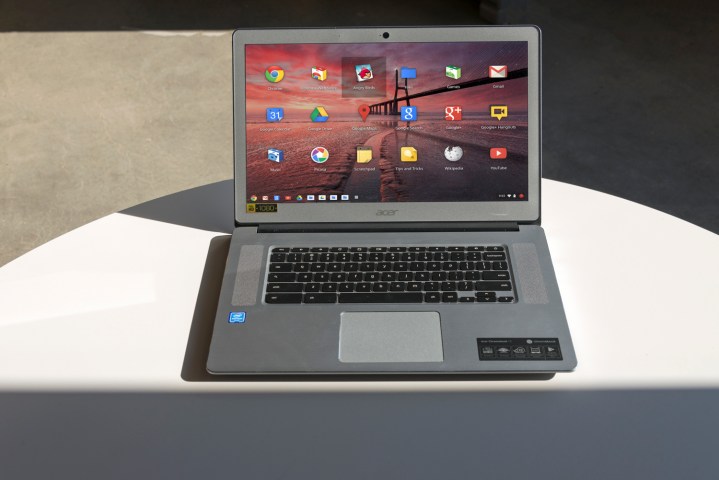
Unlike the upcoming flagship smartphones, which run Android, or the always-connected PCs, which run on Windows, Google’s Chromebook line is powered by the Chrome OS. Buried within the code of the Chrome OS, XDA Developers have discovered clues to the potential future of a Snapdragon-powered Chromebook.
The team at XDA discovered that two commits were recently added to the Chrome OS code. The first adds a new board called “Cheza,” but gives no additional information regarding what Cheza is or what it does. However, the second commit reveals that Cheza is a board overlay for a reference device that will be powered by a Snapdragon 845.
In terms of performance and power consumption, the Snapdragon 845 would be a great fit for Chromebooks by providing a powerful yet energy-efficient chip to run the device. However, there have been a few obstacles to the use of Snapdragon processors.
The first had to do with getting the necessary drivers to work correctly. Last year, two ex-Google employees placed the blame on “Qualcomm’s reluctance to open-source and upstream the various drivers that make up Linux support for the embedded devices.” However, it does appear that the driver issues are being sorted out.
The Snapdragon 845 would make a great processor for a Chromebook, as the line is meant to balance performance and battery life while maintaining an affordable price point. Thanks to the lightweight nature of the Chrome OS, Chromebooks generally offer battery life that can outperform traditional laptops.
Another unanswered question is just who would be making the Snapdragon-powered Chromebooks and where they would fit into the overall ecosystem. With the exception of Pixelbook, Chromebooks aim for the sub-$500 market, so it would be unusual to see it go beyond that. In terms of manufacturer, that’s anyone’s guess. However, Samsung is a major contender here. The company already makes some of the best Chromebooks on the market, and it has extensive experience working with the Snapdragon, thanks to its Galaxy S smartphones.


